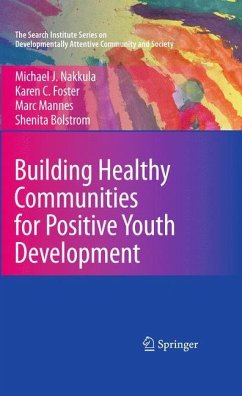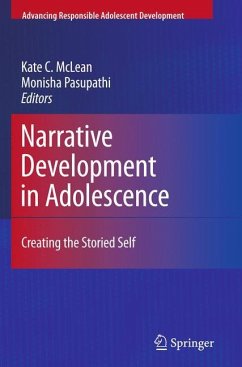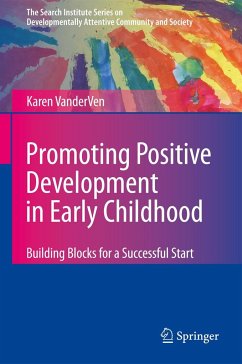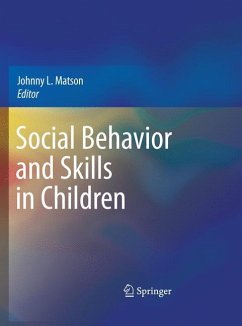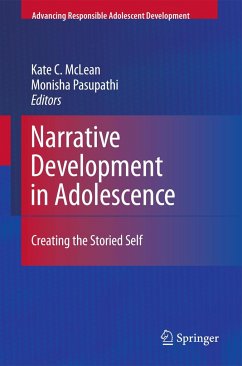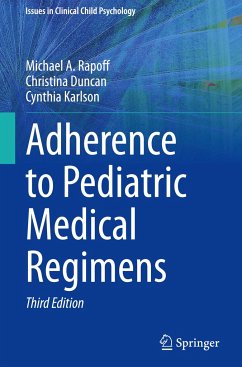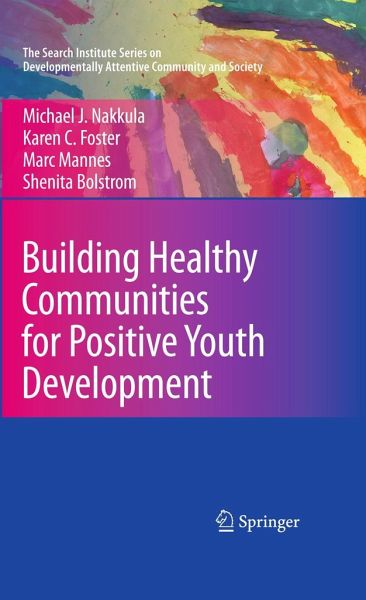
Building Healthy Communities for Positive Youth Development
Versandkostenfrei!
Versandfertig in über 4 Wochen
103,99 €
inkl. MwSt.
Weitere Ausgaben:

PAYBACK Punkte
52 °P sammeln!
It is a great pleasure to offer this volume from Michael J. Nakkula, Karen C. Foster, Marc Mannes, and Shenita Bolstrom as the latest in the Search Institute Series on Developmentally Attentive Community and Society. Its importance to the series and this ?eld of inquiry and practice is readily evident in its title, Building Healthy Communities for Positive Youth Development. Since the early 1990s, Search Institute has invited and encouraged communities of all shapes and sizes to use its framework of Developmental Assets and principles of asset building to create strong, vibrant, and welcoming ...
It is a great pleasure to offer this volume from Michael J. Nakkula, Karen C. Foster, Marc Mannes, and Shenita Bolstrom as the latest in the Search Institute Series on Developmentally Attentive Community and Society. Its importance to the series and this ?eld of inquiry and practice is readily evident in its title, Building Healthy Communities for Positive Youth Development. Since the early 1990s, Search Institute has invited and encouraged communities of all shapes and sizes to use its framework of Developmental Assets and principles of asset building to create strong, vibrant, and welcoming communities for children and youth. We have operated largely at the grassroots level, encouraging innovation and adaptation around a shared vision, rather than proposing a program or model for replication. We seek to learn as much from the communities as they learn from us. This book offers in-depth case studies of what happened in eight diverse c- munities that took up our invitation. In them, we see a wide array of strategies and approaches that, on the surface, seem to have little coherence. But, as Nakkula and colleagues found, underlying each of these distinct efforts was a deep commitment to transforming the social norms of community life to more effectively attend to young people's healthy development throughout the ?rst two decades of life. There have been many ambitious efforts aimed at comprehensive community change on behalf of young people.




